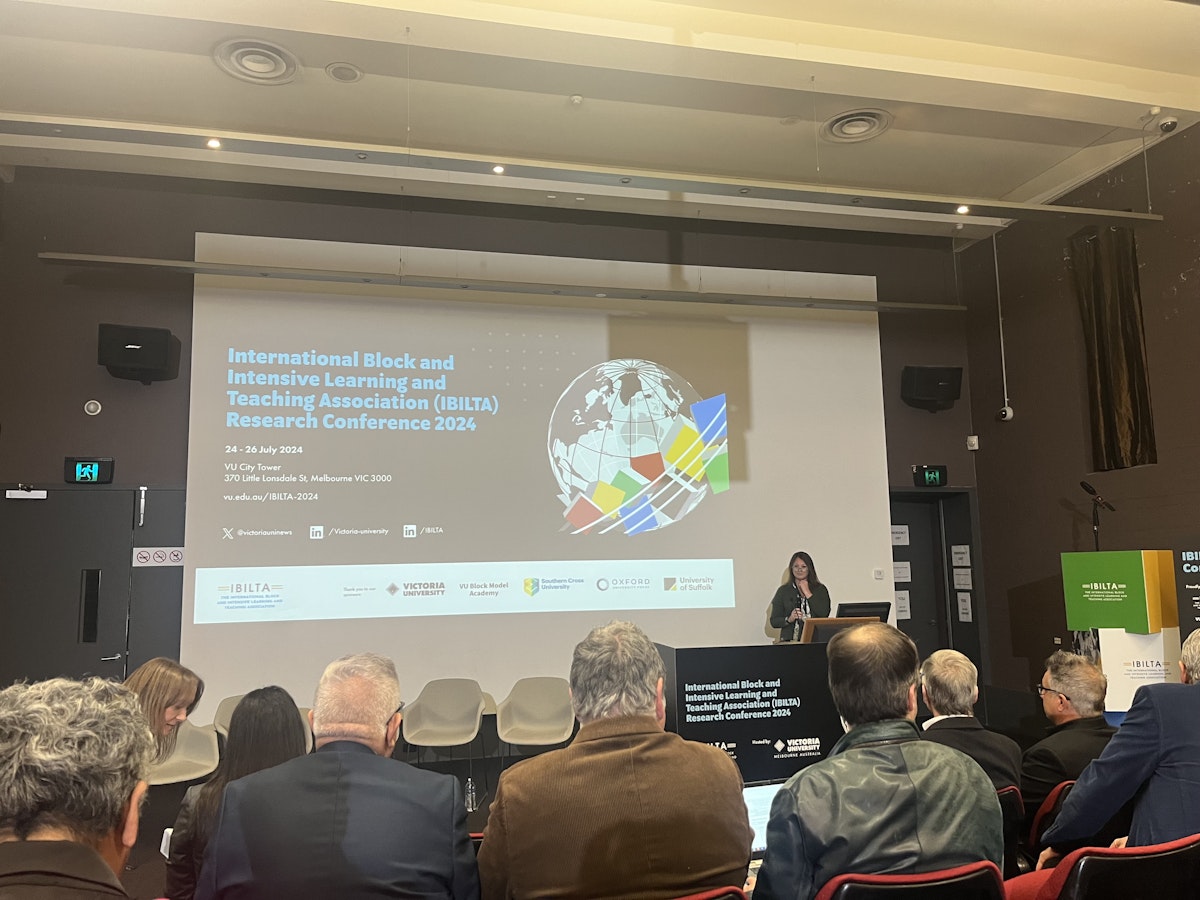Why it matters: The approach has improved student retention rates and satisfaction, benefiting those with jobs, parenting or caring commitments.

The big picture: Block and Blend allows students to focus on one module at a time, with assessments at the end of each module, rather than studying multiple modules simultaneously over a semester.
The format combines in-person teaching with online resources for greater flexibility.
It was piloted during the Covid-19 pandemic and has since been rolled out across the university.
By the numbers:
Since implementing Block and Blend, the student retention rate has increased from 88% to 95.1%.
Student satisfaction with teaching has risen from 81% to 87%, surpassing the national average of 85%.
What they're saying: Dr Ellen Buck, Director of Learning and Teaching at The University of Suffolk, called Block and Blend "a real success story for how our students learn," noting that it helps students "focus their learning and spread the assessments through the year."
Student feedback has also been positive:
"I like block a lot because it spreads things out it's a lot less stress you get to know your teachers a lot better, your class a lot better."
"...the great thing is you're immersing yourself in that subject matter for that time and it bonds you with peers"
Between the lines: The university carefully restructured course content rather than simply compressing existing 12-week modules into shorter blocks.
What's next: The University of Suffolk plans to continue refining and expanding its Block and Blend approach based on ongoing research and student feedback.







